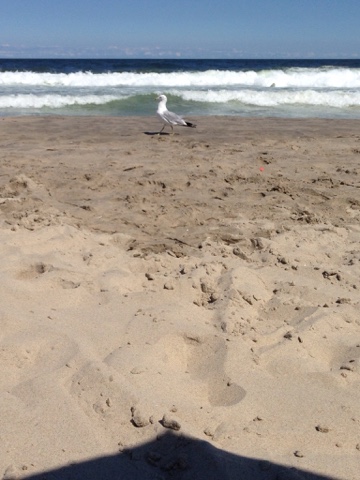What's so special about getting together with folks we seldom see except at holiday time, weddings or funerals?
Why not make holiday time about us, about our friends, with the foods we want to eat and the people we want to socialize among?
Why should we do something if it doesn't make us happy in the moment?
What is it about the holidays that leaves many of us feeling empty, like we're "not good at family" relationships. What is it that makes us judge the relatives who don't show up?
Maybe we feel that since we make the effort, after a lot of quiet complaining, everyone else should too. It's only fair, right? How do we feel if we don't participate? What is left to feel special about?
What holds the holidays in place? If everyone feels as the complainers do, why are so any people crowding the airports and highways to get to these mediocre overstuffed dinners with relatives we see so seldom?
There is no right answer, no one way to handle these stressful times. We remember when we were children, we idealize the past where we can, we whitewash the sad or angry moments, the disappointments. We make jokes of the minor calamities, but we hold on to the relationships we have because in a heartbeat or a series of years, they will all be taken from us. We need to carry on the traditions of our families, to keep the connections, to provide fun times and good memories for the children because we were there once and our children and grandchildren, nieces and nephews will be in our position sooner than we think. We need each other, even those who see or speak with each other only a few times each year.
Call if you can't visit with family and find people to share the holiday spirit, open up your heart and let the good shine in.





























